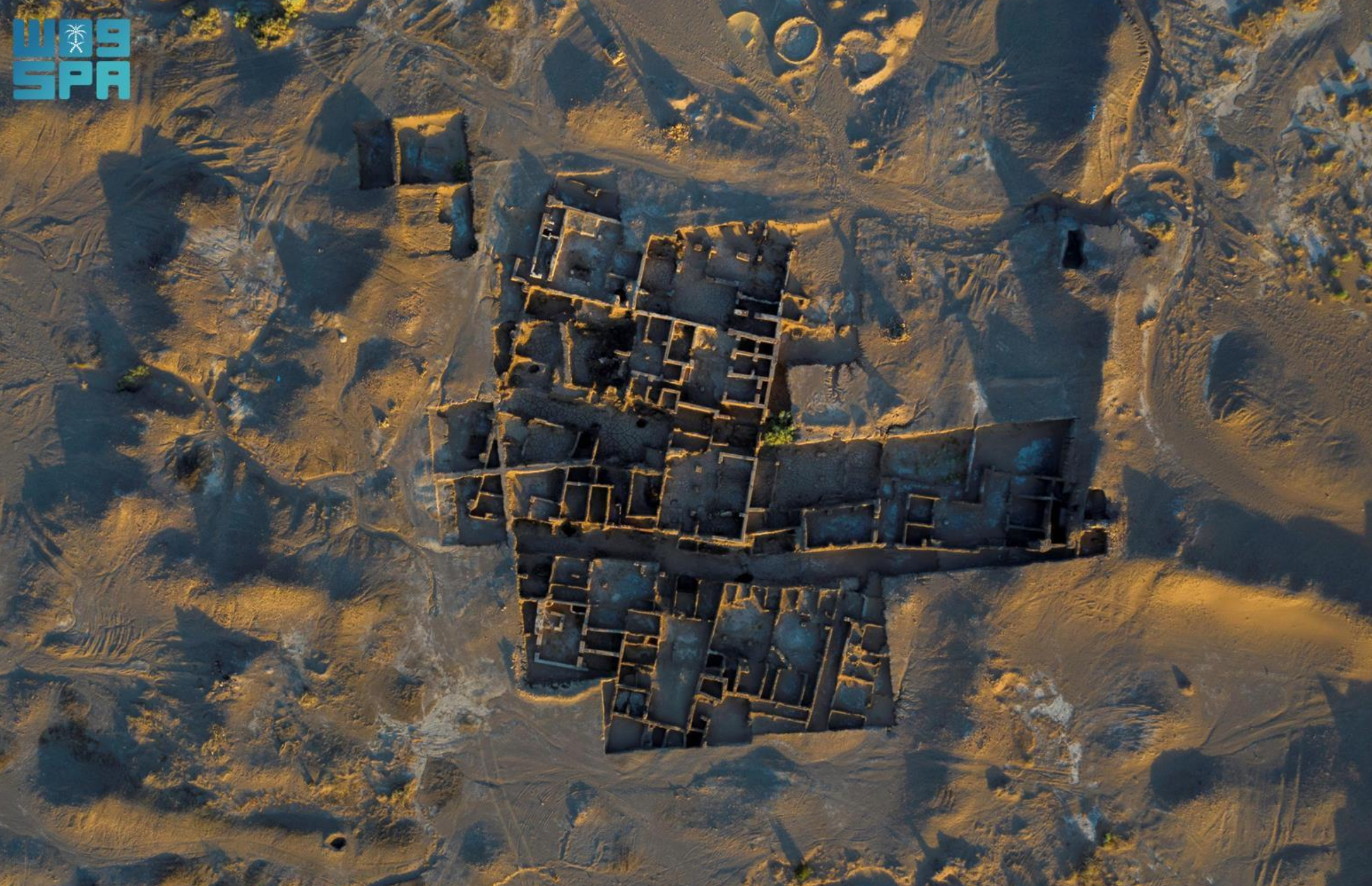
Ancient City of Qurh: Historic Stop for Pilgrim, Trade Caravans to South of AlUla
The ancient city of Qurh, located south of AlUla Governorate, stands out as one of the most prominent historical caravan stops, having served for centuries as a vital hub along the routes of pilgrims and traders. Thanks to its strategic geographic location and its economic and urban significance, the site has received special attention from the Royal Commission for AlUla, which has included it in its ongoing programs to explore the region's cultural heritage through excavation, surveying, and archaeological studies.
Qurh lies about 20 kilometers south of AlUla's Old Town, near the village of Mughayra, with its ruins spread across an expansive plain surrounded by medium-height mountains. The setting reflects its geographic importance within the ancient road networks. Known for its commercial activity since pre-Islamic times, Qurh was the capital of Wadi Al-Qura and a center for Arab markets, as described by the historian Hisham ibn al-Kalbi, who identified it as a commercial and cultural center and a cradle of the arts.
The ruins of Qurh include remnants of architectural structures, marketplaces, streets, and palaces, all of which highlight the city's once-thriving economic and urban life. Architectural features dating back to the early Islamic periods also suggest that settlement and cultural growth continued after the advent of Islam.
Qurh was located on the route of the historic Incense Road, a trade artery used to transport precious goods from the southern Arabian Peninsula to the north, passing through Wadi Al-Qura. It gave the city a crucial role in linking commercial and cultural centers across the Arabian Peninsula.
The Royal Commission for AlUla continues its efforts to uncover the secrets of this ancient city through field surveys and excavations in collaboration with international experts and specialized research institutions, aiming to document the history of Qurh and highlight its role as a central waypoint on the routes of pilgrims and traders over the centuries.








